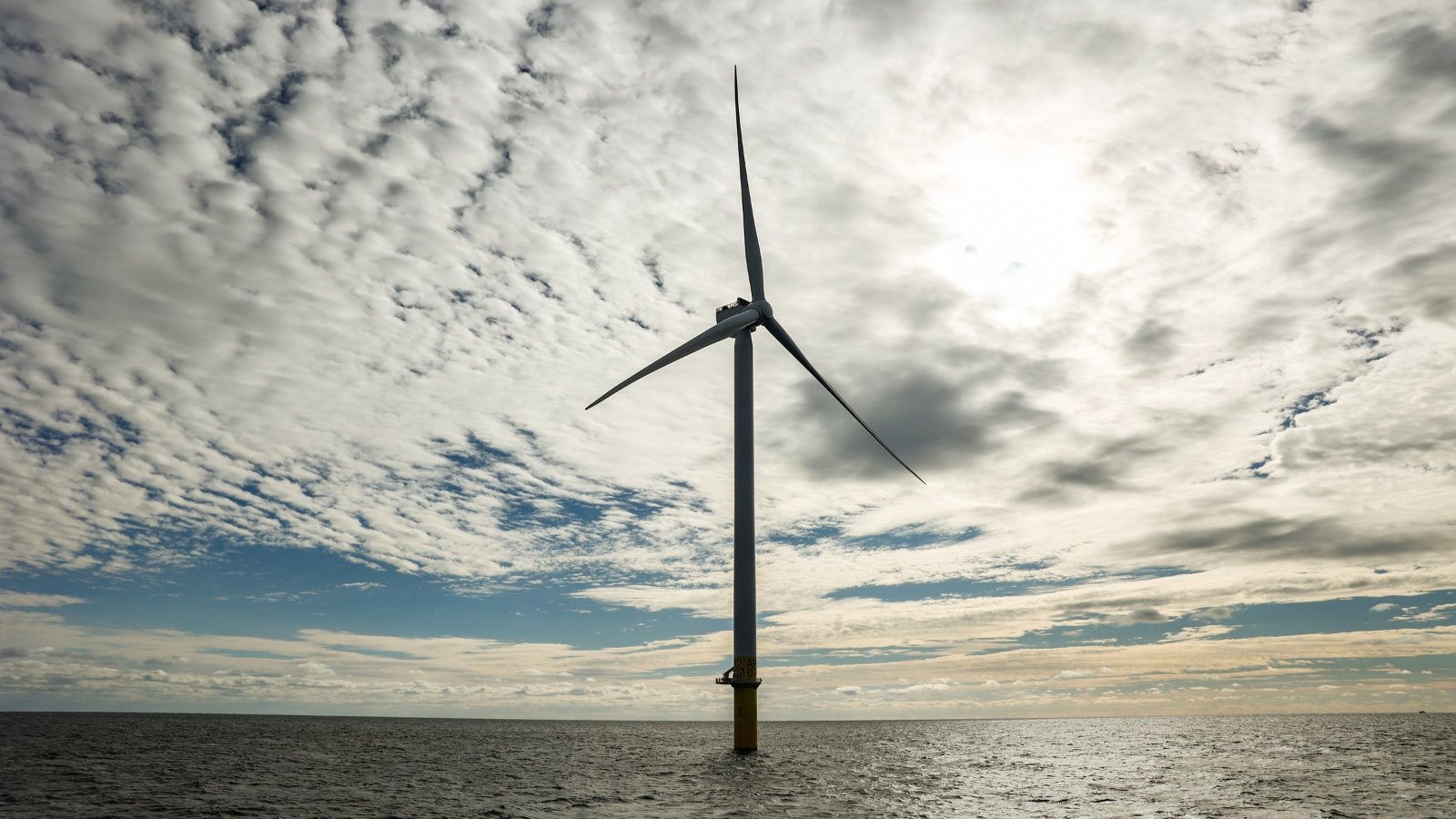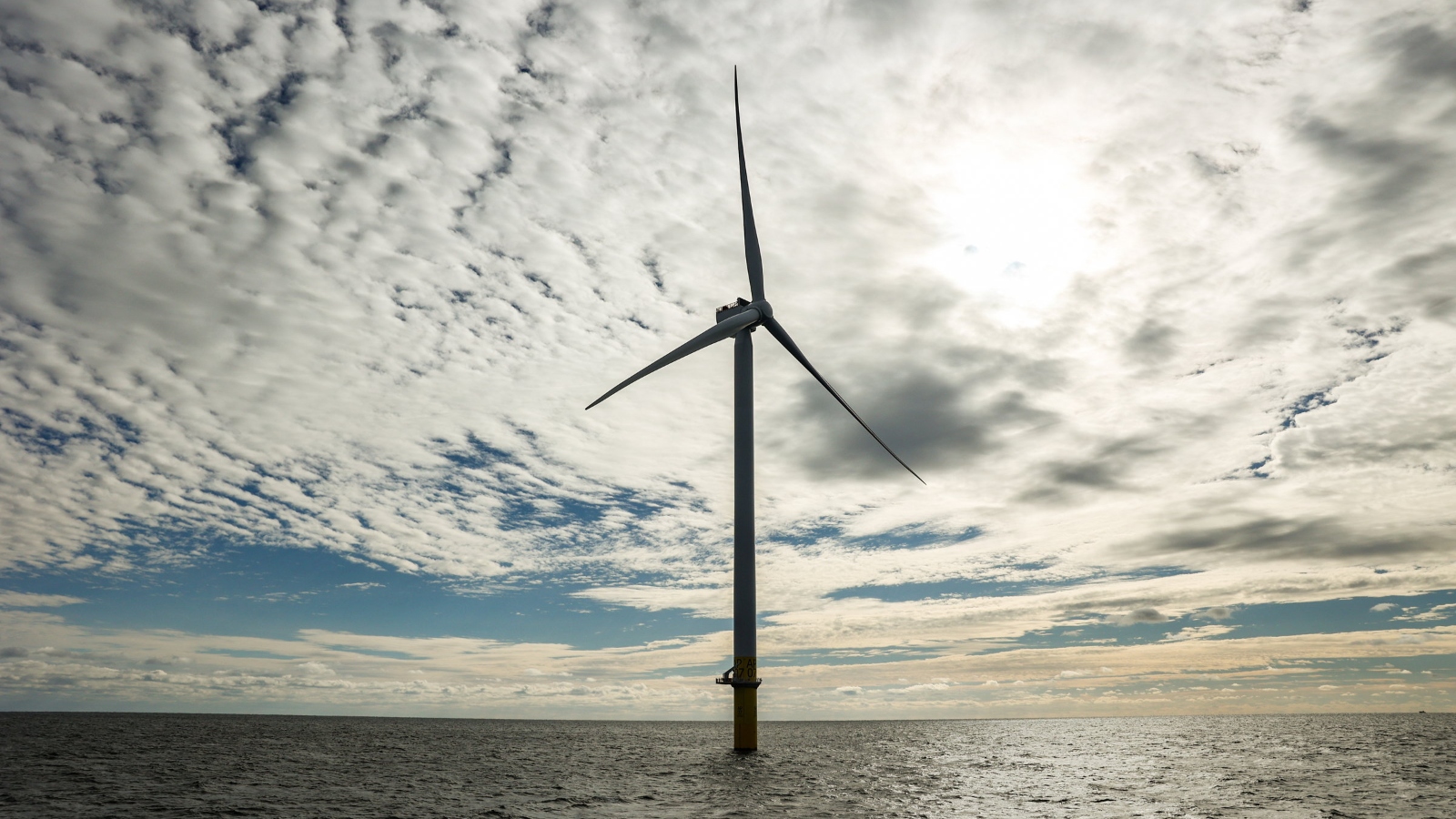New York just took a big leap toward zero-emissions buildings.
On July 25, the State Fire Prevention and Building Code Council approved an all-electric building standard, making New York the first state in the nation to prohibit gas and other fossil fuels in most new buildings. Legislators and climate advocates celebrated the move, which had been mandated under the pathbreaking 2023 All-Electric Buildings Act.
“I’m excited that we are finally tackling, statewide, our largest source of fossil-fuel emissions,” said state Assemblymember Emily Gallagher, who sponsored the 2023 legislation. Buildings account for 31 percent of the Empire State’s planet-warming pollution.
New York is forging ahead on building decarbonization at the same time the federal government is backtracking, yanking support for renewable power and home energy efficiency and providing the fossil-fuel industry with new subsidies.
The state’s rules will apply to new structures up to seven stories tall and, for commercial and industrial buildings, up to 100,000 square feet beginning Dec. 31, 2025. Buildings bigger than that will need to be built all-electric starting in 2029. The new code will spur installations of heat pumps and heat-pump water heaters — ultra-efficient electric appliances that are good for the planet and, typically, pocketbooks.
The council left room for exceptions, though, including new laboratories, crematoriums, restaurants, and large buildings whose owners can prove the grid isn’t ready to accommodate their sizable all-electric heating needs. Michael Hernandez, a policy director at electrification advocacy nonprofit Rewiring America, said he doesn’t think the exemptions will eat away at the code’s efficacy, however.
With the rules finalized, “I’m relieved,” Gallagher told Canary Media. Fossil-fuel interests — such as the utility front group, New Yorkers for Affordable Energy — “really worked overtime to try to stop this,” she said.
The new regulations come on the heels of a recent legal victory: On July 23, a federal district court in New York upheld the state’s ability to implement the All-Electric Buildings Act.
The groups challenging the law in court — including the New York State Builders Association, National Association of Home Builders, National Propane Gas Association, and a few local union chapters for plumbers and electricians — alleged that it’s preempted by the federal Energy Policy and Conservation Act, the same justification used to overturn Berkeley, California’s pioneering ban on gas hookups in new construction. The New York judge was unconvinced by this argument, noting that the Berkeley decision relied on “deficient interpretations” of terms like “energy use,” and is “simply not persuasive.”
Opponents of the standard haven’t quit, though. An industry coalition that includes many of the organizations that brought the lawsuit sent a letter on June 26 to U.S. Attorney General Pam Bondi requesting that the Department of Justice move to block the code from taking effect. Michael Fazio, lead author of the letter and the executive director of the New York State Builders Association, declined to comment on the request’s status to Canary Media.
The state’s new energy code is expected to raise the cost of residential construction but also lower energy bills substantially for homeowners and renters, making it cost-effective overall with a payback of 10 years or less, according to a report commissioned by the New York State Energy Research and Development Authority. Over 30 years, households are expected to save an average of about $5,000 due to a 17 percent reduction in energy use.
Other research indicates all-electric construction is typically less expensive than that for buildings equipped to burn gas or fuel oil. Electric-only projects allow developers to forgo installing costly fossil-fuel infrastructure alongside the electrical systems requisite in modern buildings. A 2022 analysis by the decarbonization nonprofit New Buildings Institute, for example, found that building an all-electric single-family home in New York costs about $8,000 less.
The all-electric code will improve air quality by reducing reliance on fossil-fuel-fired boilers, furnaces, water heaters, and stoves. These conventional appliances spew harmful byproducts such as carbon monoxide, particulate matter, benzene, nitrogen oxides, and more, which can cause respiratory and cardiovascular issues — to lethal effect. In 2017, fossil-fuel use from New York buildings caused $21.7 billion in health impacts and nearly 2,000 premature deaths, more than in any other state.
Gas stoves, typically the largest sources of exposure to indoor air pollutants, are linked to nearly one in five asthma cases in children in New York, according to a 2022 study. “Places like the Bronx have the highest rates of childhood asthma in the country,” said Jumaane Williams, public advocate of New York City, in a call with reporters on Friday. “We know this is a life-and-death situation.”
“Numerous studies … show that both air pollution and climate change disproportionately impact low-income communities and communities of color,” said Lonnie Portis, director of policy and legislative affairs at the community-based nonprofit WE ACT for Environmental Justice. The state’s all-electric building standard “is a significant step forward for environmental and climate justice.”
The new rules will not only get heat pumps into new construction but help boost adoption in existing homes, according to Jay Best, CEO of home energy-efficiency company Green Team Long Island.
“We’re always telling people about heat pumps … solutions that are going to save them money and make their homes more comfortable,” Best told Canary Media. “But people are apprehensive because it’s something they’re not used to,” despite heat pump units outselling gas furnaces nationally.
“The code … sets a bar; this is the minimum that the state says is legal to build,” Best said. That “changes people’s view of the technology.”
Alex Beauchamp, Northeast region director at Food & Water Watch, underscored that passing the All-Electric Buildings Act and getting it into the state code was a victory of David-and-Goliath proportions, with “fossil-fuel companies, plus the gas utilities, plus big real estate” rallied in opposition, he said.
“When New Yorkers come together … we can win even in the face of opponents with an almost-limitless budget,” he said. “That is how we won this bill. It’s also how we are going to continue the fight to get fossil fuels out of all the existing buildings in the state.”
This story was originally published by Grist with the headline New York becomes first state to commit to all-electric new buildings on Aug 3, 2025.




